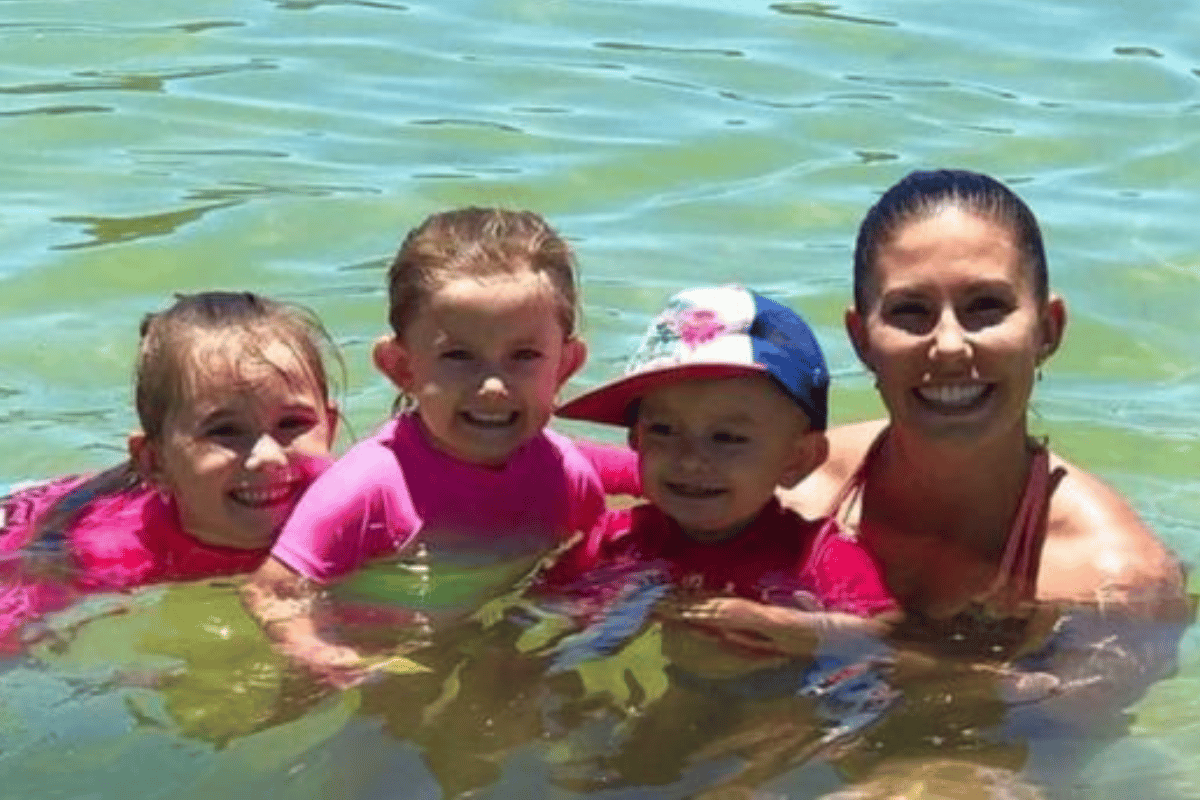
Warning: This post deals with domestic violence and may be triggering for some readers.
It's been two years since Australia learnt the name Hannah Clarke and those of her three children Aaliyah, Laianah, and Trey.
The 31-year-old Brisbane mother and her children were killed when her estranged husband, Rowan Baxter, doused her car in petrol and set it alight in Camp Hill, in Brisbane’s south, on February 19, 2020.
That morning, around 8.30am, Clarke, and Aaliyah, six, Laianah, four, and Trey, three, had just left her parents' Camp Hill home on a typical school run when Baxter climbed into the passenger seat of her car armed with a knife and can of petrol.
The children tragically died in the car fire, while Hannah suffered burns covering 97 per cent of her body and died a few hours later in hospital. Baxter died on the footpath with self-inflicted wounds.
This month, an inquest into the deaths of Clarke and her children begun in Brisbane, with the court hearing from witnesses, emergency responders, and friends of both Clarke and Baxter over two weeks.
Women and violence: The hidden numbers. Post continues below.

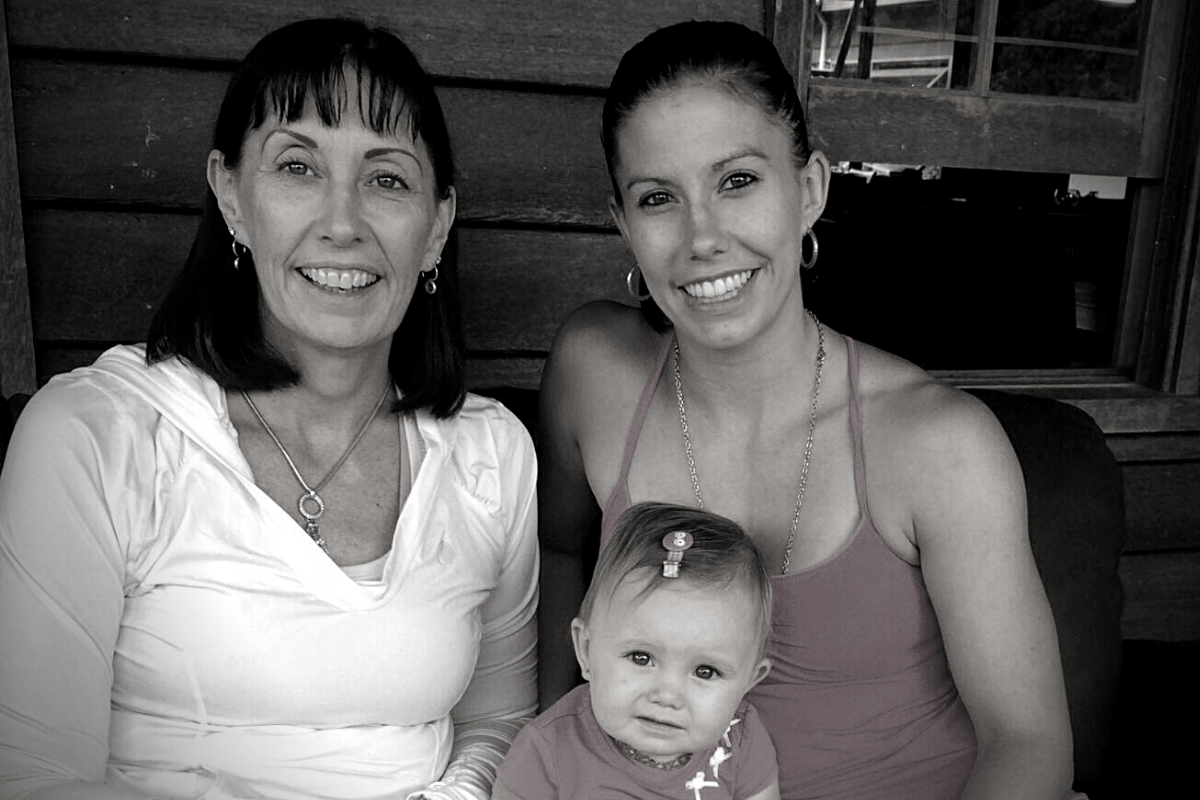
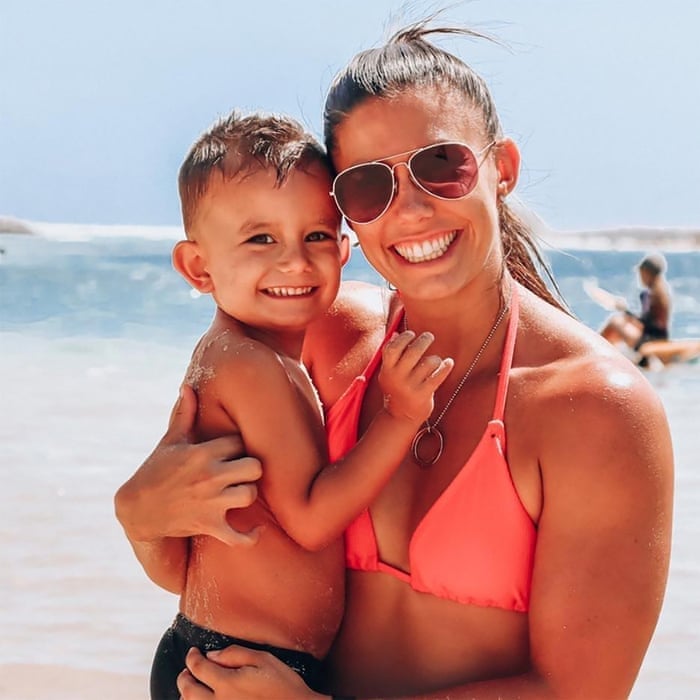
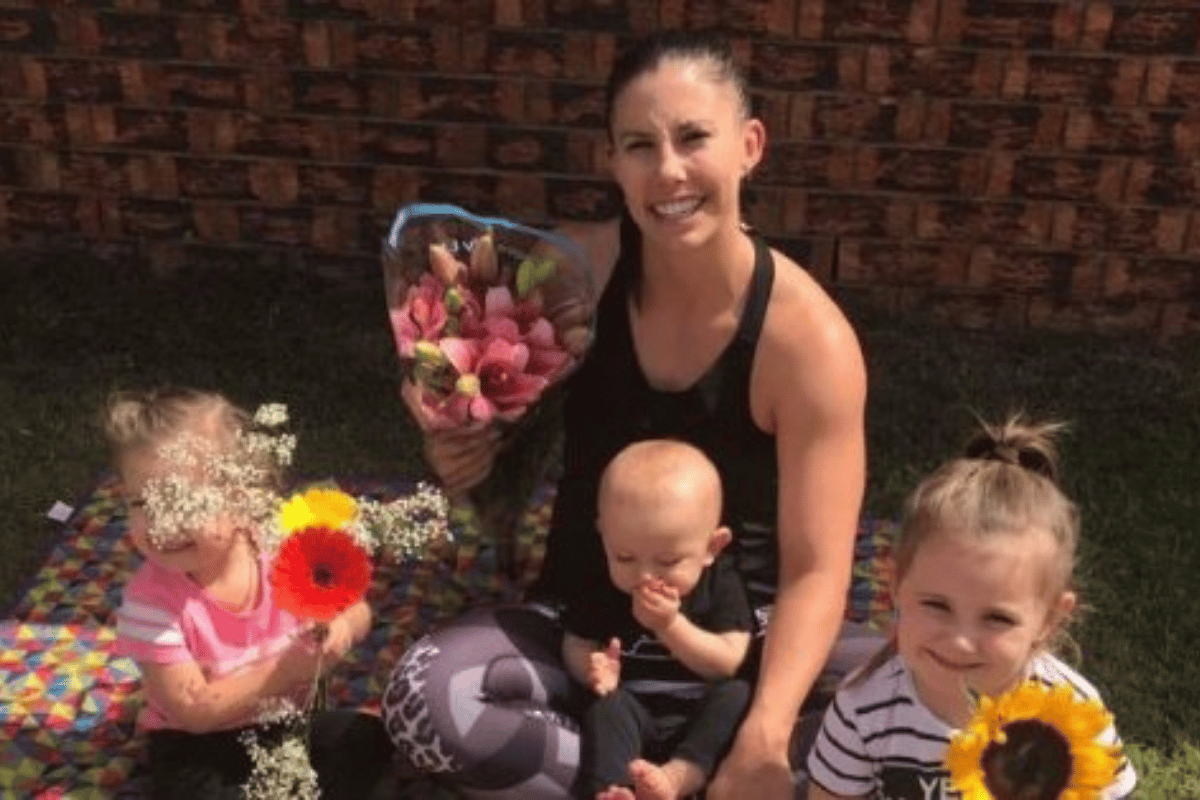
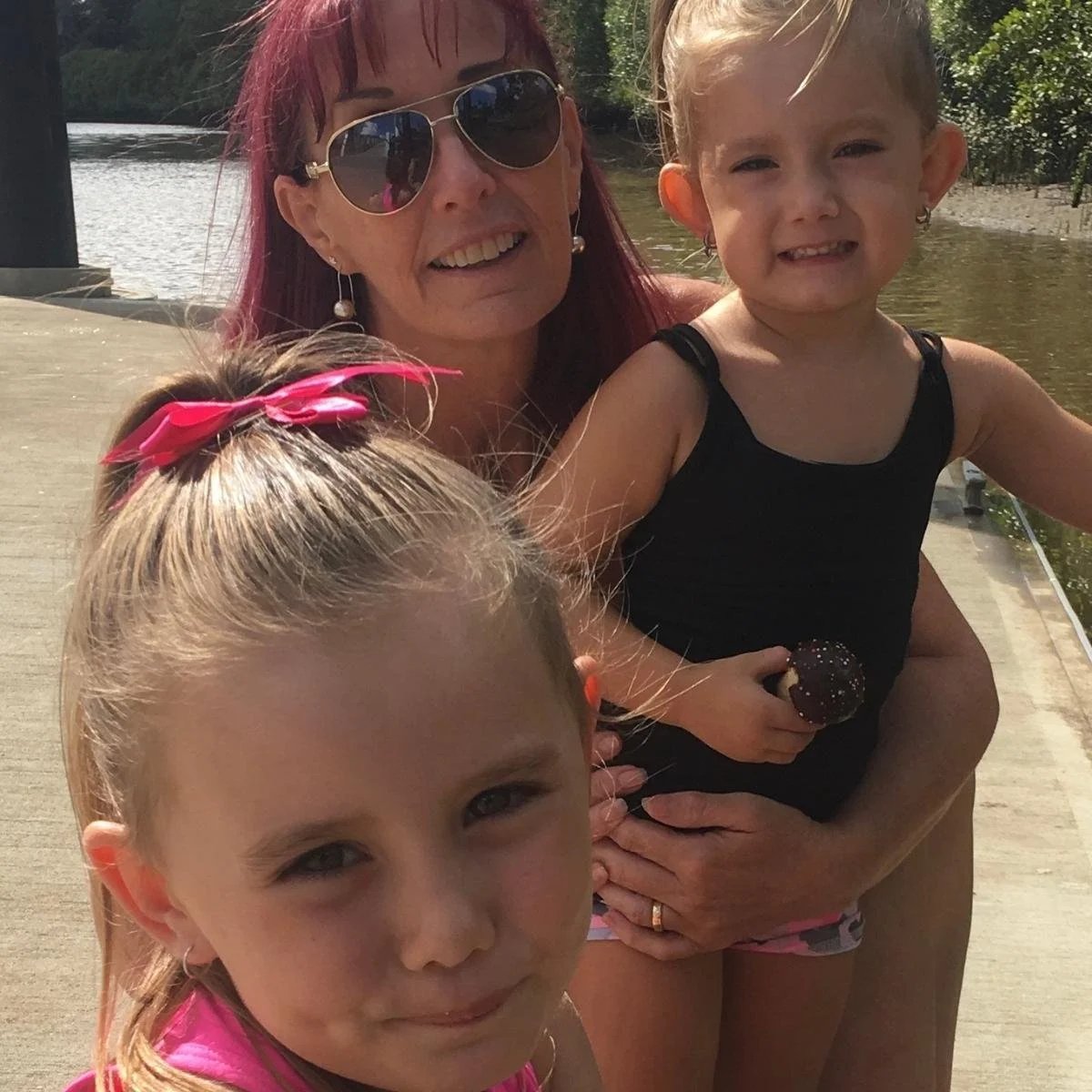
Top Comments